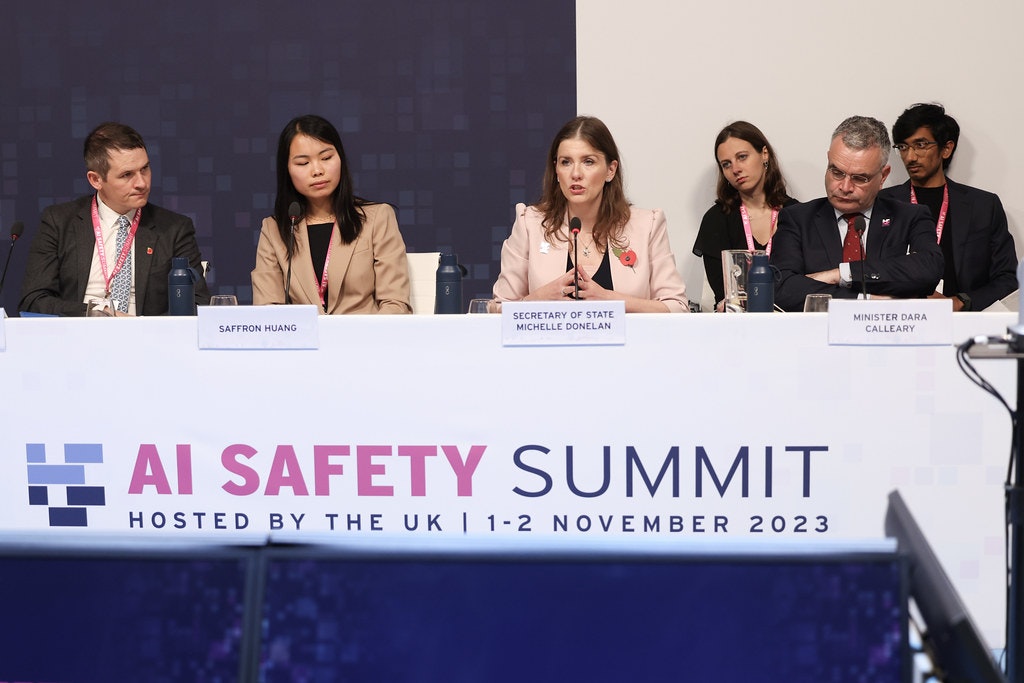It is 2018 and computer programs are now assigning people new lives. Economists at Oxford University alarmed by the Mediterranean refugee crisis have been using complex computational tools to work out where to settle refugees.
The US State Department has already been using the machine learning program, designed by a team of US, UK and Swedish academics, since August. The projects aim is to find the best location for a refugee’s job prospects while taking into account schools, medical facilities, and proximity to communities which speak the same language.
Initial results appear to show that matches made by the AI mechanism — known affectionately as “Annie” — improve the refugee employment rate in the initial 90 days by over 20%. The project’s name is a reference to Annie Moore, the first individual to be processed through Ellis Island in the US in 1892.
There is a significant incentive here to share Annie widely, and the designers aim to look at similar uses for the program, including matching foster-care placings to vulnerable children.
One of the criticisms of the app is that it focuses just on employment and does not take into account the refugees’ own preferences. Alex Teytelboym, co-author and Associate Professor of Economics at St Catherine’s College Oxford, said: “People have needs and preferences, you have to ask them what matters most to them — what they need from a local area, and act on this information in an intelligent way. Employment is not the right way to measure successful integration, what matters is what people really value in the new neighbourhoods.”
While the developers acknowledge that a possible future development for Annie will include taking into account refugees own preferences, there is currently no avenue for these vulnerable people to express their own wishes or needs to the program. The AI can understand the education, age and spoken languages of the refugees, but there is no input for their fears, hopes and dreams.
Read the university’s paper on the success of their Annie program here.


